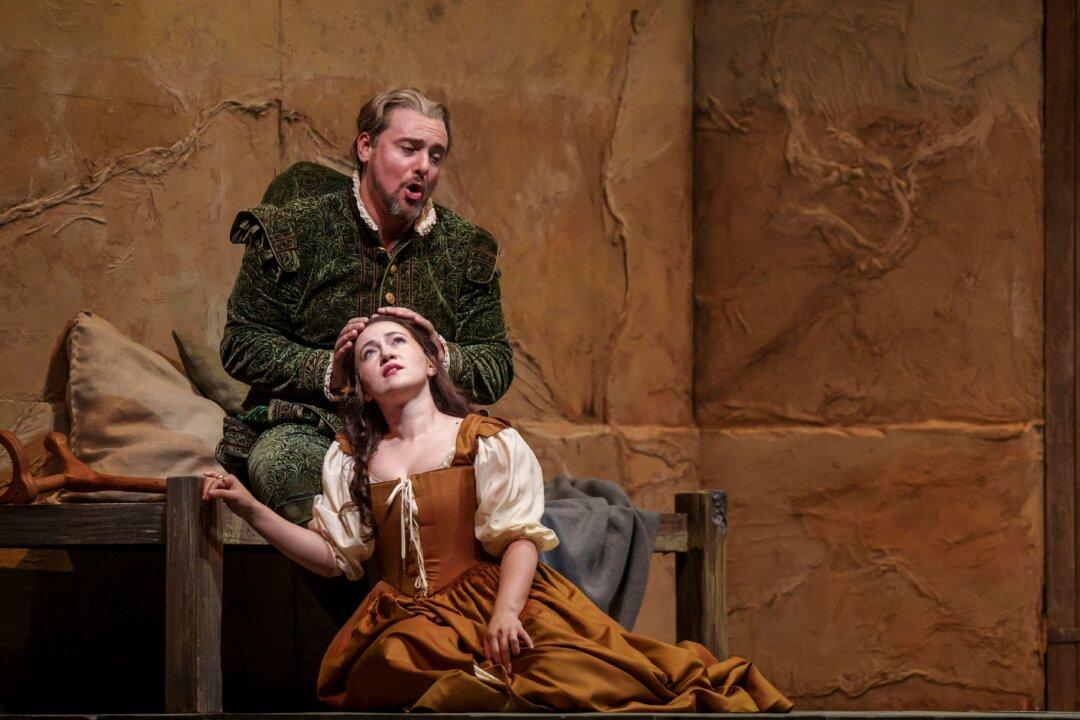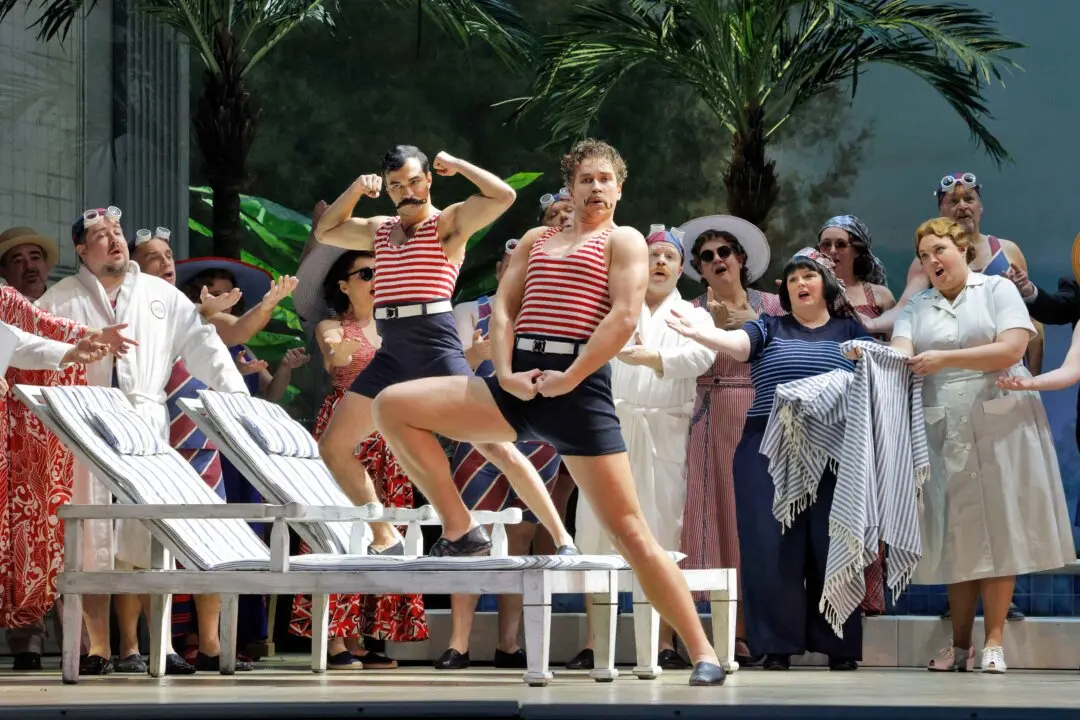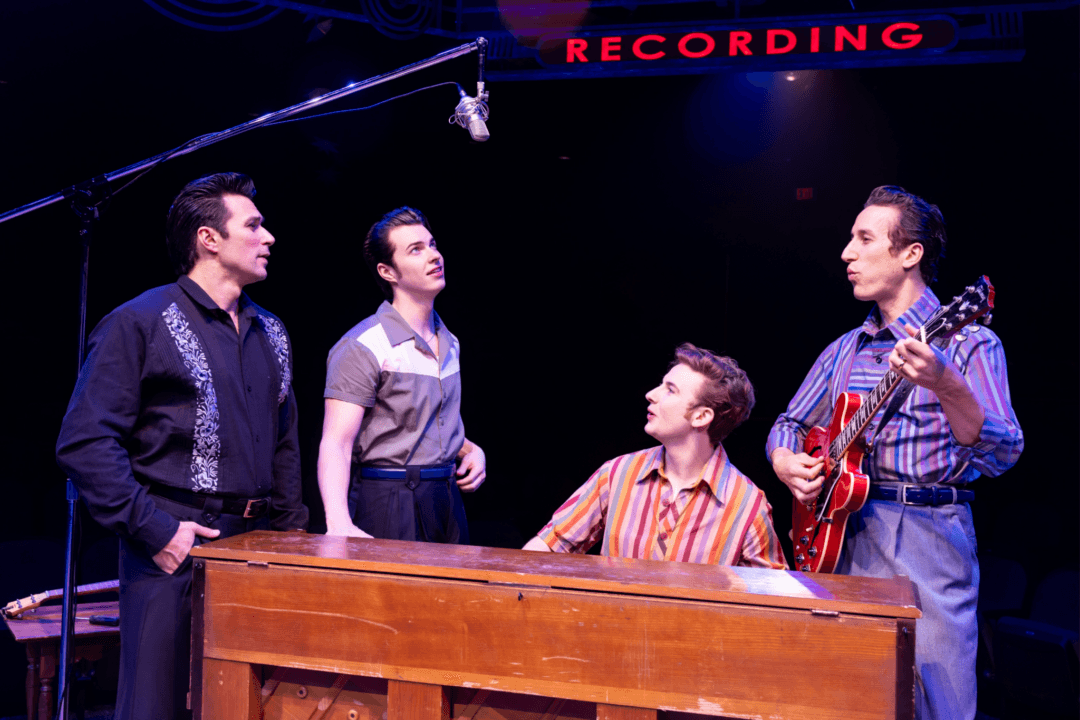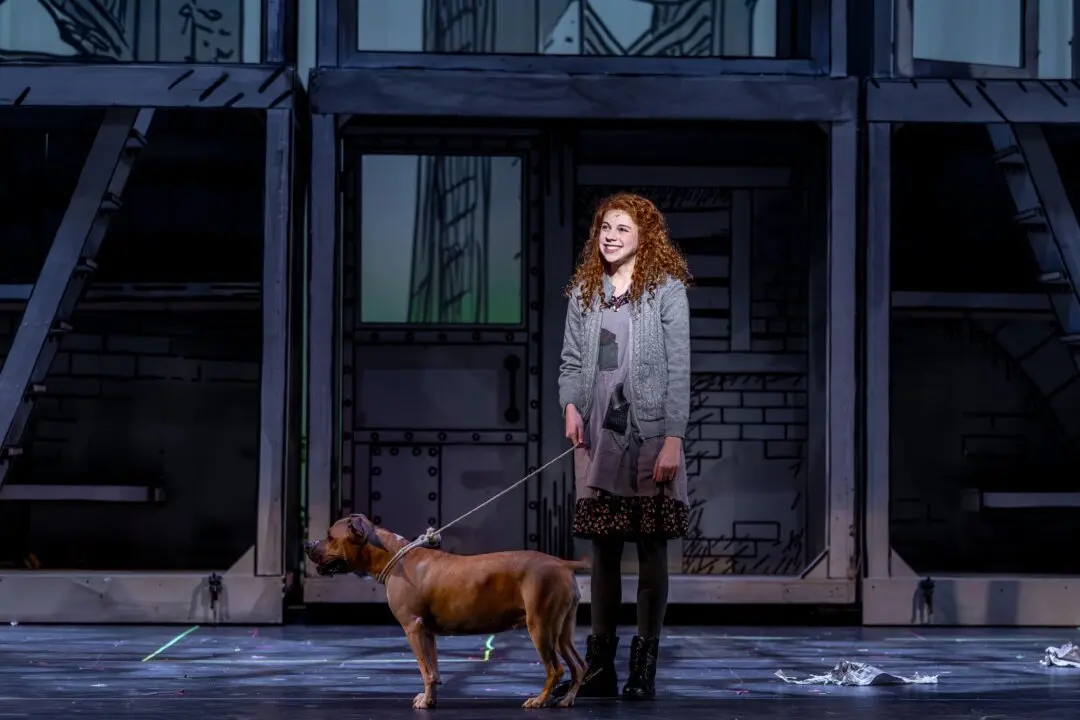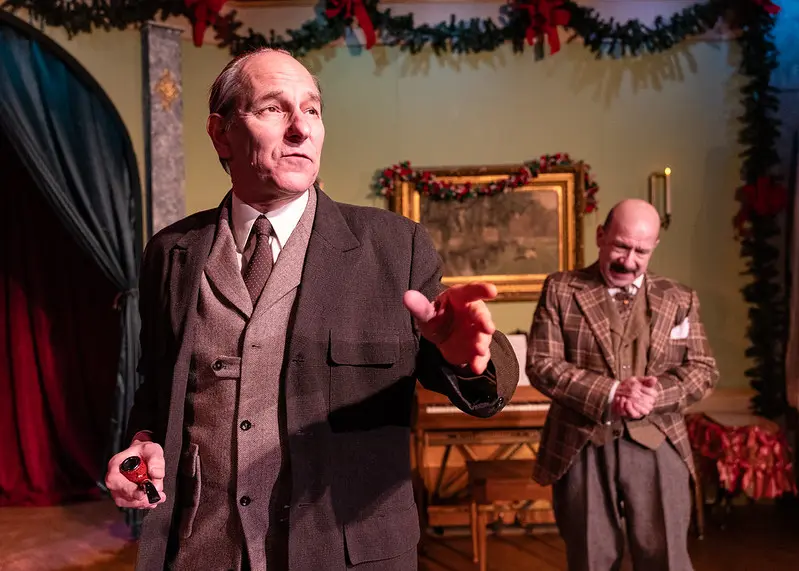CHICAGO—Giuseppe Verdi believed that the best operas had a sense of heightened drama, and his “Rigoletto” is arguably the most dramatic of all his works. Although Francesco Maria Piave is given credit for the libretto, Verdi had a very big part in writing it.
“Rigoletto” was based on Victor Hugo’s provocative 1832 play, “Le roi s’amuse,” which the French government thought scandalous and shut down after its first production. Similarly, the Italian censors almost prevented the production of Verdi’s opera due to its portrayal of a womanizing king.

